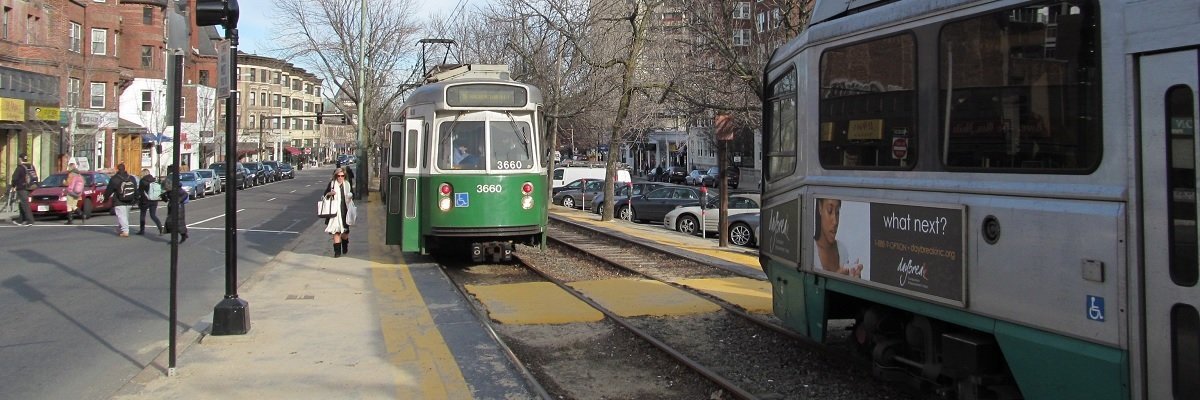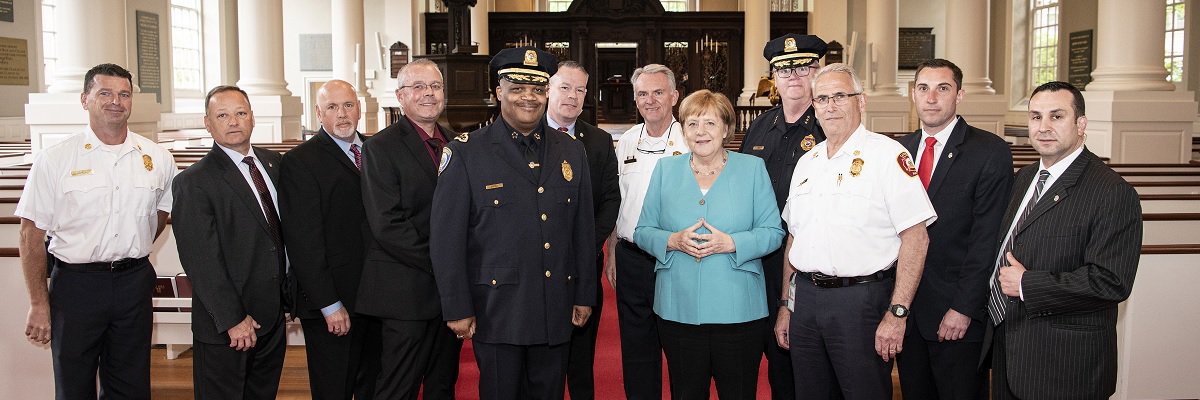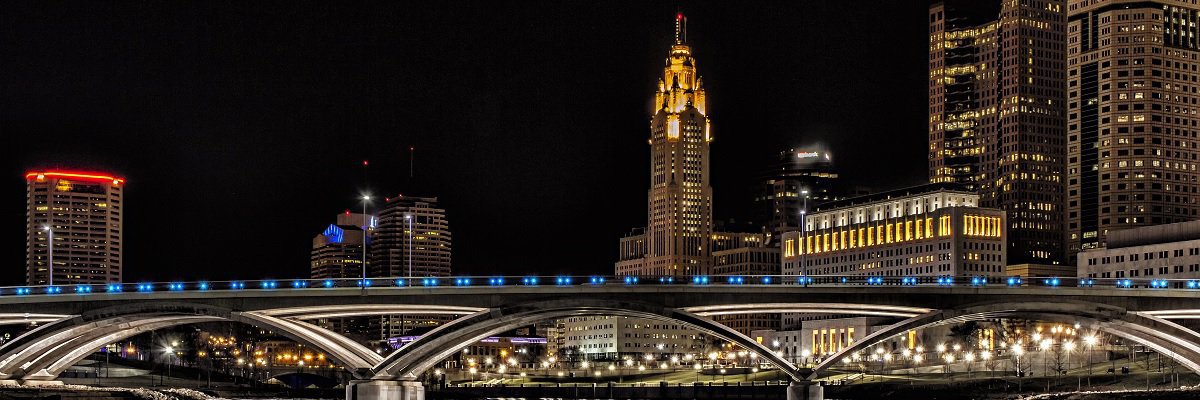Natural gas pipelines in Massachusetts could use an upgrade. Since 2000, it’s estimated that they’ve contributed to upwards of $1.5 billion in undelivered gas, which utility companies covered by simply charging customers more for the fuel they did receive. To address the problem, state legislators passed a bill last spring that allows municipalities to more easily gather the information they need to coordinate repair efforts: maps of pipeline facilities (including pipeline material and installation date), inventories of outstanding leaks, pipelines slated for repair.
So in November, MuckRock began taking a survey; we asked each town in Middlesex County and Brookline if they had the data to which they’re entitled. Utilities are required to provide the information to the Department of Public Utilities, and municipal officials may request it from there. But as yet it seems that few, if any, have done so.
At the end of last month, we received our first vaguely responsive materials; Brookline provided us with a list of “outstanding gas leaks” they received from National Grid in August 2014, a compilation of leaks classified as Grade 2, which aren’t considered dangerous at the time they’re detected but do warrant repair. It’s the closest we’ve gotten to what we’ve wanted.
In addition to wasted fuel and associated environmental and financial costs (which have begun to be recouped, at least in part), gas leaks have been the cause of unexpected disaster; Columbia Gas recently settled a 2012 gas explosion with the City of Springfield, and a Dorchester explosion last April left multiple families displaced.
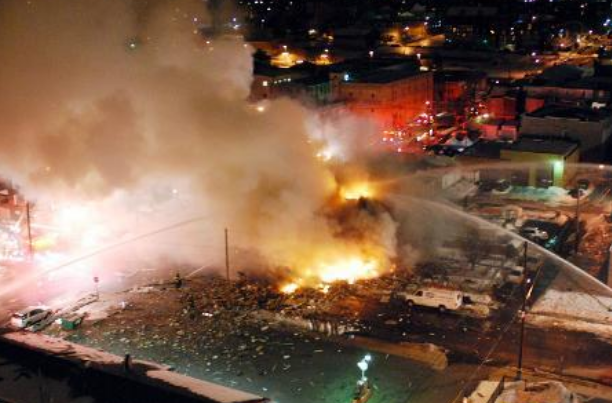
2011 gas leak explosion in Allentown, PA
And in a handful of towns, lawsuits have been waged against gas companies to cover the cost of trees that quite possibly have died as the result of seeping pipes. Among these is Brookline, which also provides a tree inventory online; we’ve plotted the trees rated as Condition Grade 3 and 4 (dying or dead) against the officially-known leaks. (The Environmental Defense Fund conducted their own gas leaks survey in 2013 and plotted all of the leaks they found here.)
After three months of asking Middlesex County for data every town should have, Brookline has been the only municipality to provide, and even then only partially. Though any seeming correlation between dead or dying trees and recognized gas leaks is inconclusive, even the limited collection of known gas leaks suggests a relationship between some of the leaks and some of the ailing trees. It’s only a small indication of the above-ground problems caused by underground gas leaks, but one with worrying implications for the rest of the state.
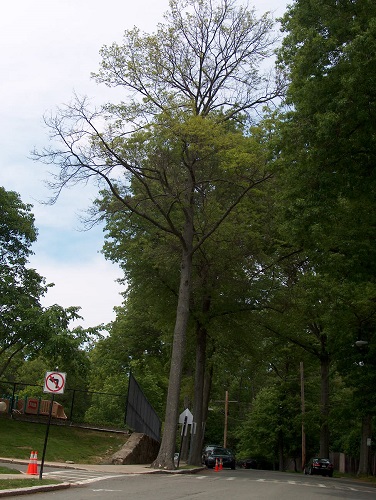
Image of damaged tree in Brookline via Urban Forest Program
Are you interested in knowing what leaks your city knows about? Let us know which town you’d like us to ask, and we’ll submit the request. Live in a town that hasn’t responded? Reach out to your local officials, and let them know you care about how they’re handling leaks in your area.
Image via Wikimedia Commons and is licensed under CC BY-SA 3.0
